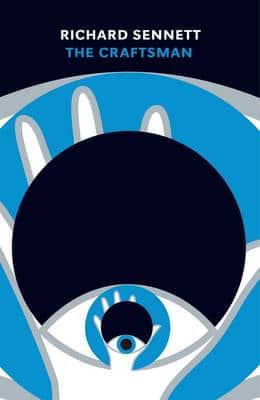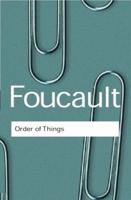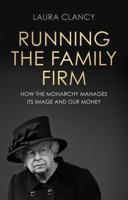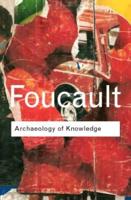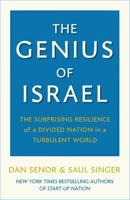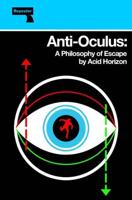Publisher's Synopsis
Why do people work hard, and take pride in what they do? This book, a philosophically-minded enquiry into practical activity of many different kinds past and present, is about what happens when people try to do a good job. It asks us to think about the true meaning of skill in the 'skills society' and argues that pure competition is a poor way to achieve quality work. Sennett suggests, instead, that there is a craftsman in every human being, which can sometimes be enormously motivating and inspiring - and can also in other circumstances make individuals obsessive and frustrated.
The Craftsman shows how history has drawn fault-lines between craftsman and artist, maker and user, technique and expression, practice and theory, and that individuals' pride in their work, as well as modern society in general, suffers from these historical divisions. But the past lives of crafts and craftsmen show us ways of working (using tools, acquiring skills, thinking about materials) which provide rewarding alternative ways for people to utilise their talents. We need to recognise this if motivations are to be understood and lives made as fulfilling as possible.
The book divides into three parts: the first addresses the craftsman at work. This is a story of workshops - the guilds of medieval goldsmiths, the ateliers of musical instrument makers, modern laboratories - in which masters and apprentices work together but not as equals. In its second part the book explores the development of skill: knowledge gained in the hand through touch and movement. A diverse group of case studies illustrates the grounding of skill in physical practice - from striking a piano key to the use of imperfect scientific instruments like the first telescopes or the anatomist's scalpel. The argument of the third part is that motivation counts for more than talent. Enlightenment thinkers believed that everyone possesses the ability to do good work, and that we are more likely to fail as craftsmen due to our motivation than because of our lack of ability. The book assesses and challenges this belief, concluding by considering craftsmanship as more than a technical practice, and considering the ethical questions that craftsmen's sustaining habits raise about how we anchor ourselves in the world around us.
